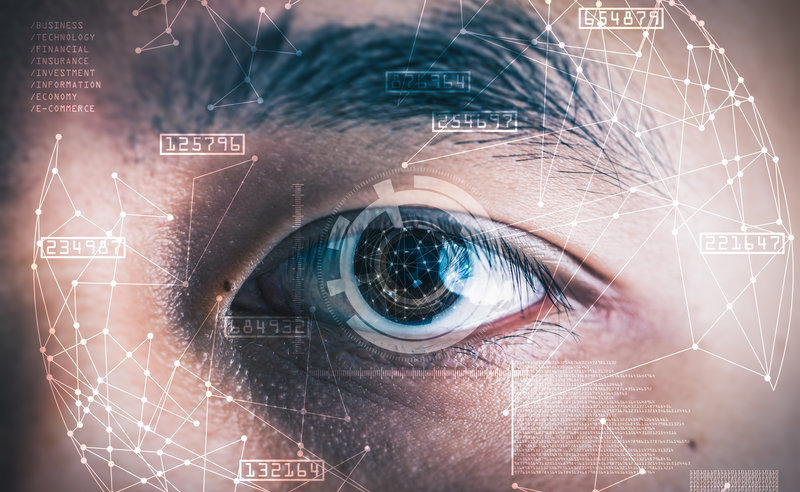Touch information arrives in the brain and is divided into two different processing circuits. One, involving a region called the somatosensory cortex, is all about the facts – where on my body am I being touched and with what, speed, pressure, texture, etc.? The other circuit, involving a brain region called the insula is about the emotional aspect of touch. Its action is what makes pain feel bad and a caress feel good (usually). Because the emotional touch circuits interact with many other higher brain regions, the emotional aspect of touch can be powerfully modulated by expectation, context and mood.
In the short term we will see better ways of delivering stimuli to our sense organs to mimic certain experiences. For example, there is important progress on haptic displays that would allow us to feel the texture of a silk scarf we might consider buying online. The next stage will be technologies that bypass the sense organs entirely to directly stimulate the nerves that carry sensory information to the brain, or the brain itself. These implementations are just getting started and are mostly limited to medical applications at present. It will be a while before an immersive virtual reality game is directly jacked into your nervous system.
Yes, but it’s not what you’re imagining – nothing spooky here. Depending upon how you want to count, the human nervous system already has at least 10 senses. We tend to think that the senses are all pointed outwards, giving us information about the world, but some of the most important ones are pointed inwards. These senses of self allow us to know where our limbs are in space (proprioception), the position of our head relative to gravity (vestibular sense) and whether we need to pee (stretch receptors in the bladder). Other animals have outward-pointing senses that we humans lack, like sonar in bats and whales.
I have two jobs. During the day, I run a brain research lab at Johns Hopkins Medical School where we investigate the molecular basis of memory and functional recovery after brain injury (as well as few zany topics like the measuring brain changes in hibernating or chilled animals). At night, I write books about biology for a general audience. The one I’m working on now is about the biological basis of human individuality.
David J. Linden will be speaking at the 15th European Trend Day at the GDI on 13 March 2019. Sign up now!

Beyond Words: How New Interfaces Reshape Communication